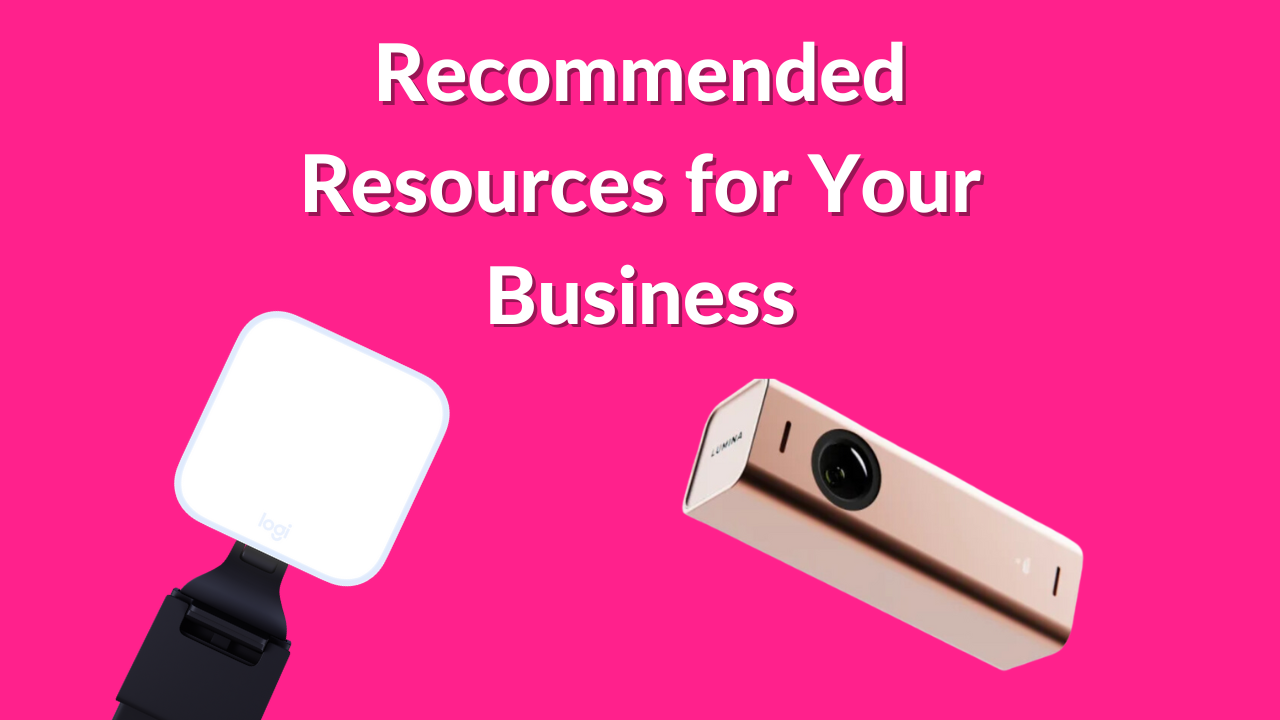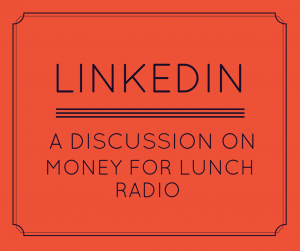I’ve been seeing a disturbing trend on LinkedIn; a trend that is making me angry. People are starting their relationship with me by lying.
Let me backtrack. LinkedIn has a much more rigid code of conduct than other social networking sites. On Twitter you can start following anyone you want: celebrities, politicians, brands, random strangers. It doesn’t matter how or if you know them. You can start following them and they don’t have to approve you.
Facebook is slightly more formal. While you can invite anyone to become Facebook “friends” they have to approve you before you can be connected. Slightly more formal than Twitter but less than LinkedIn.
However, on LinkedIn they’ve put up barriers that make it harder for you to connect with people. In order to send an invitation to connect, you must already have some sort of relationship with that person. You need to work together, belong to the same group, have worked at the same company at some point in your history. If you don’t have any commonalities in your profiles, you have the option of choosing “other” at which point LinkedIn will ask you for the person’s e-mail address. The idea is to cut down on SPAM and ensure your LinkedIn network is of true value to everyone.
That being said, it doesn’t mean you can’t connect with people you don’t are ready know on LinkedIn, it’s just a little harder to do.
On LinkedIn I’m what’s known as an Open Networker. I am happy to receive appropriate invitations from people I don’t already know. I like meeting other business professionals because I never know who will be my next great customer, a great referrer or who I might be able to help.
The problem is people have found a loophole in LinkedIn’s barriers to connecting. When sending an invitation, you have the option of indicating the person is a friend. When you do this, you don’t need to enter an e-mail address or have commonalities in your profile.
This is where people are ticking me off. I have received a bevy of invitations from people who I do not know, who have never sent me an e-mail, commented on my blog, or even @replied me on Twitter. We have had absolutely no previous contact what-so-ever.
So why are these fake friends sending me invitations? They have learned that they can build their network by sending random invitations and getting around the LinkedIn barriers by indicating people are friends.
But to me, this completely goes against the true purpose of networking on LinkedIn. The whole point of networking on LinkedIn, or any networking for that matter, is to get to know people and to give them a chance to get to know you. And over time you hope they will get to know, like, and trust you enough to become customers, send referrals, and otherwise help you in your business.
I don’t know about you, I don’t see how starting off a networking relationship with a lie will help you help me get to know, like and trust you.
For the record, if you send me an invitation on LinkedIn and have indicated we are friends when we have never had any contact whatsoever, I will archive your invitation. In fact, if this trend continues, I may do something I have never done before. I am actively considering clicking the “I don’t know this person” button on such invitations.
There is nothing wrong with trying to connect with new people on social media. In fact, I think that’s the main purpose. However, please don’t start this relationship with me with a lie.
Andrea J. Stenberg
Does this practice make you as angry as it does me? How do you handle it? Am I over reacting? Please leave a comment and let me know what you think.






